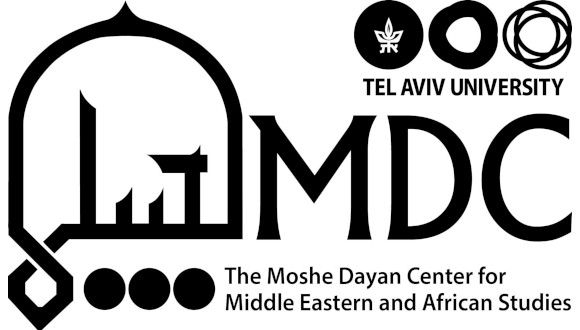About half of Israeli Arabs believe that IDF’s response in Gaza was justified

Dayan Center report finds an unprecedented shift in the opinions of Israel's Arab citizens
Support the TAU Emergency FundA comprehensive study by the Moshe Dayan Center for Middle Eastern and African Studies at Tel Aviv University (TAU) that was conducted after the outbreak of the Iron Swords War indicates that about half of the Arab population in Israel (47%) feel that Israel’s response to the Hamas attack on October 7 was justified, while 44% do not. In addition, 57% of Israeli Arabs believe that the Hamas militants intentionally targeted women and children in the communities near the Gaza border, while 32% do not.
The survey included 502 Israeli Arab citizens aged 18 or over who constitute a representative sample of the adult Arab population. The study was initiated by the Konrad Adenauer Program for Jewish-Arab Cooperation, which represents the Konrad Adenauer Foundation and is part of the Dayan Center.
According to the data, about half of the respondents believe that the Hamas attack on October 7 did not contribute to a solution of the Palestinian problem. The rest are evenly divided: some think that it did contribute (21%), while others feel that it had no impact (19%).
In addition, a large majority of the Arab population (85%) approve of the initiatives by Arab citizens to help the residents of Otef Aza. About half (54%) also approve of the participation of Arab Israelis in the advocacy efforts to present Israel’s position to the world.
However, 70% of the participants responded that solidarity between Arabs and Jews in Israel has weakened following the events of Oct. 7th.
The survey also asked about the participants’ political views and found that the majority (66%) are in favor of an Arab party joining the coalition following the next elections.
Dr. Arik Rudnitzky, the head of the program, notes that the study points to a major shift in the positions of Arab Israelis and a greater identification with Israel. “The war between Israel and Hamas, which began almost two months ago, has generated an unprecedented change in the positions of Israel’s Arab citizens,” Dr. Rudnitzky said. “First and foremost, many identify with the communities of Otef Aza, and with Israel’s efforts to present its positions to the world. Identification with Israel is manifested in the fact that for the first time, and in contrast to all previous surveys, civic Israeli identity plays as strong a role as national Arab identity for Arab Israelis.
“The war has led to a head-on clash between the Israeli and Palestinian narratives in the international media and on social media. It is also worth noting that identification with the Israeli narrative with regard to the events of October 7 is higher among the younger generation of Arab Israelis. This is a dramatic finding because, relative to their elders, young people are more exposed not only to the Israeli and global media, but also to social media where the Israeli narrative is at a disadvantage.
“At the same time, there is anxiety among Arab Israelis who fear harassment by Jewish Israelis because of the war. Clearly, the violent events of May 2021 resonate in the minds of many, Jews and Arabs alike, but it is important to understand that the war in October 2023 is an entirely different story from the events in May 2021. We should bear this in mind following the conclusion of the war. The country’s Arab citizens are signaling to the Jewish population and the government that they are an integral part of the State of Israel.”